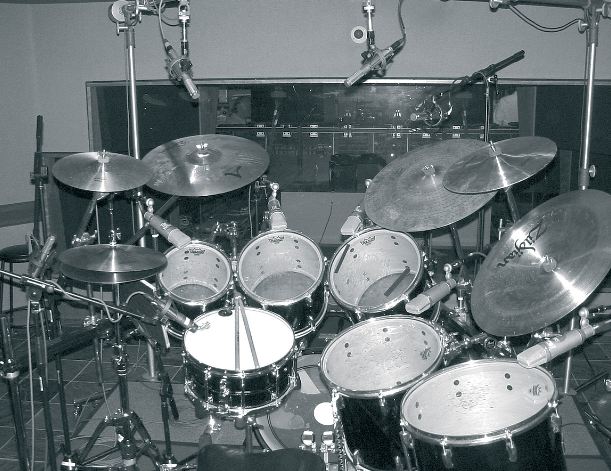Article by Linda
If you want to have a Rock n Roll career, music recording colleges provide the necessary background to secure employment in the highly competitive field. The music business relies heavily on seasoned engineers who can record, mix and edit an artist’s work so that a fine-tuned and flawless product can be released for sale.
To one day stand on the stage and accept a Grammy Award for music engineering, the road leading to that accomplishment is long and arduous and available to only a few of the most talented professionals. Without proper preparation, the likelihood of ever coming close to realizing this dream, or having long-term employment for that matter, is slim at best. Sound engineers work in a variety of capacities in the recording industry but all require extensive knowledge of the science and theory of sound in addition to practical technical knowledge of highly specialized equipment that is common to the business. Music recording colleges provide a solid foundation from which students can transition into rewarding careers. Music recording colleges are the bedrock of the business because, without them, a musician’s performance wouldn’t even resemble the production standard commonly seen on retail recordings or at concerts for that matter.
The recording industry values knowledgeable, experienced music engineers and pays high salaries to those professionals who have the right stuff. The music industry has grown exponentially over recent decades into a highly technical trade that utilizes extremely sophisticated recording, mixing, editing and broadcasting equipment that includes specialized computer hardware and software. Music engineers are expected to have a thorough working knowledge of these high-tech accoutrements including the ability to install, operate and repair essential gear, often under tight deadlines that don’t allow for mistakes.
Music recording colleges provide an educational framework so career professionals can grow and keep up with the rapidly changing industry. Without participation in a quality program, the aspiring music professional is at an extreme disadvantage when compared against those applicants who have secured the required knowledge base and hands-on experience provided by music recording colleges. Music recording colleges are a sound investment that pay limitless dividends as aspiring students become music industry professionals. Highly regarded music engineers are paid handsomely for their experience and rewarded to exceptional talent with high profile international accolades such as the Grammy Awards. In the rapidly evolving, and highly technical, entertainment industry, the value of an educational background anchored by the quality instruction provided by music production colleges is truly indispensible.
About the Author
Find out more information about School for Music Production here.





















